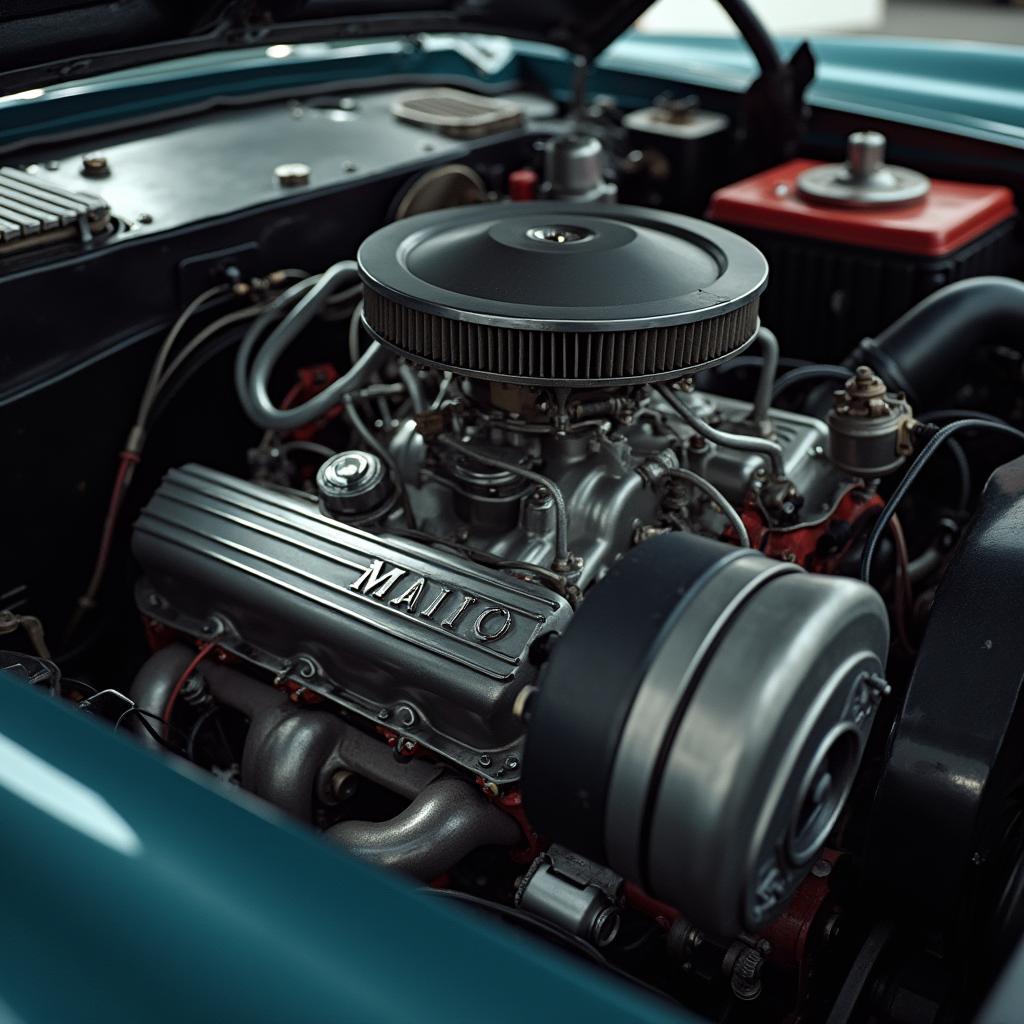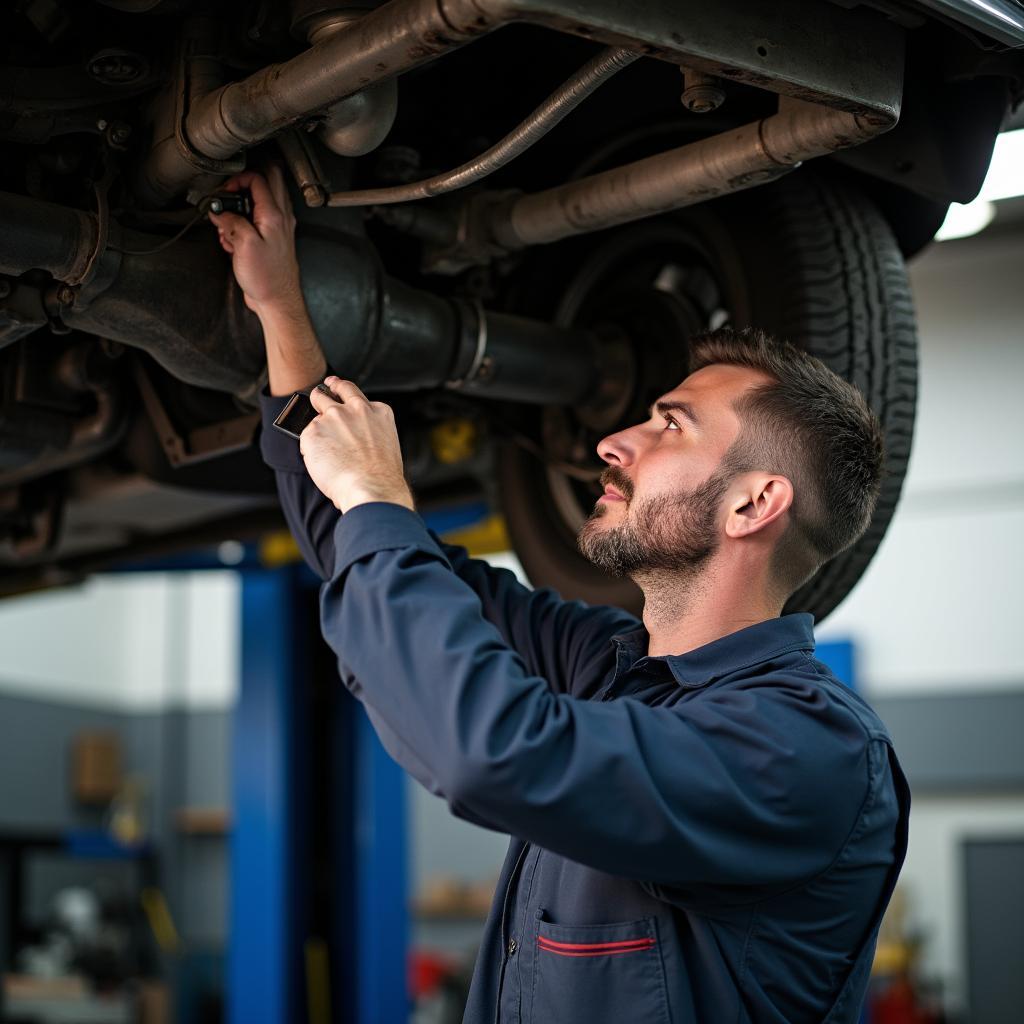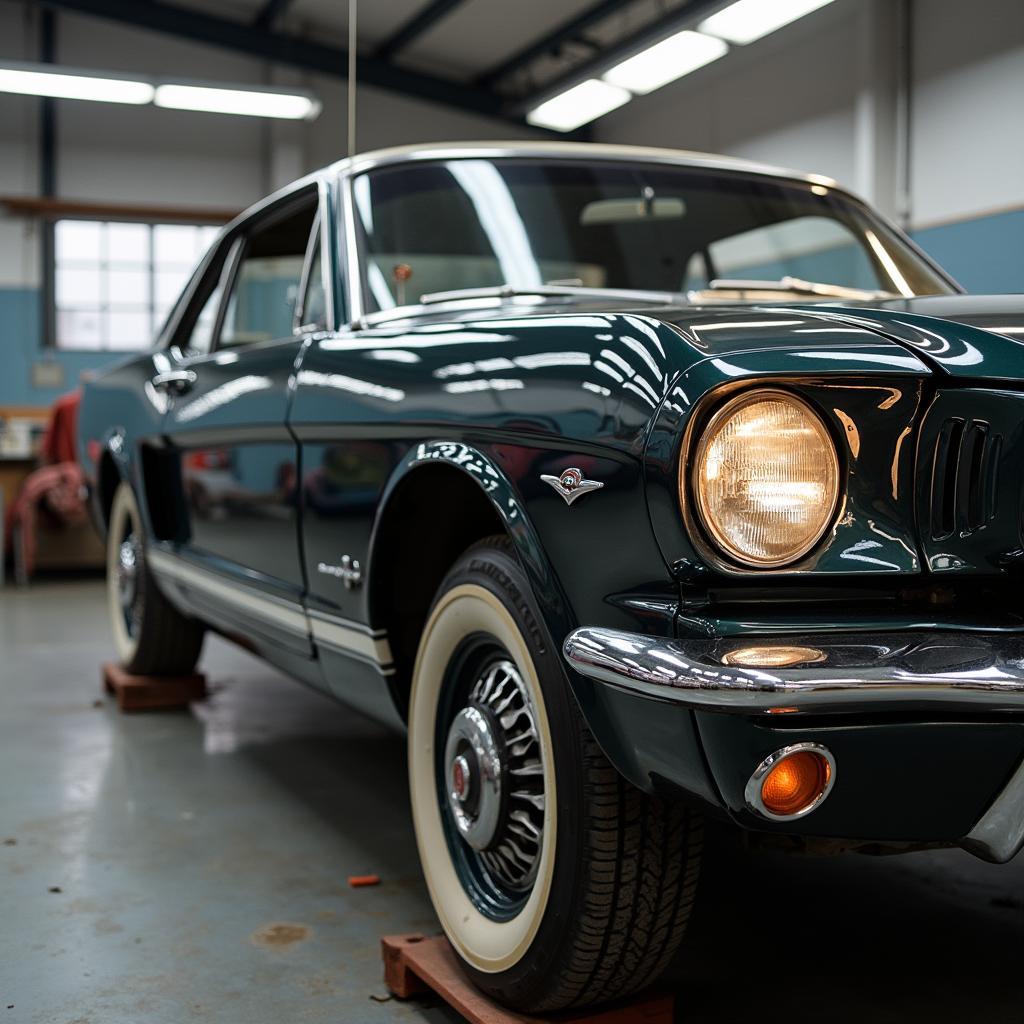The automotive industry is in a constant state of evolution, with technology driving rapid change. This evolution significantly impacts how we service and repair vehicles. While cutting-edge technologies dominate the headlines, Legacy Auto Service remains a cornerstone of the industry, serving millions of vehicles still on the road today.
This article delves into the world of legacy auto service, exploring its relevance in the face of modern advancements and discussing how it adapts to meet the challenges of a changing automotive landscape.
Understanding the Legacy Auto Service Landscape
Legacy auto service refers to the repair and maintenance of vehicles manufactured before the widespread adoption of sophisticated onboard computers, complex electronic systems, and advanced driver-assistance systems. This typically encompasses cars made before the mid-1990s, although the definition can vary depending on specific technological advancements.
 Classic Car Engine
Classic Car Engine
While these vehicles may lack the advanced technology of their modern counterparts, they still rely on a complex interplay of mechanical systems that require specialized knowledge and skills to service. This is where the expertise of legacy auto service technicians becomes invaluable.
The Enduring Importance of Legacy Auto Service
Despite the rise of electric vehicles and increasingly sophisticated computer systems in newer models, legacy auto service continues to play a crucial role in the automotive industry for several reasons:
- Significant Numbers: Millions of legacy vehicles are still in operation worldwide, representing a substantial portion of the global car parc.
- Classic Car Enthusiasm: The classic car market is thriving, with enthusiasts and collectors dedicated to preserving and maintaining these automotive treasures.
- Affordability and Accessibility: Legacy vehicles often provide a more affordable mode of transportation, making them a practical choice for many individuals and families.
 Experienced Mechanic Working on a Legacy Car
Experienced Mechanic Working on a Legacy Car
These factors underscore the ongoing demand for skilled technicians specializing in legacy auto service.
The Challenges and Rewards of Legacy Auto Service
Working on legacy vehicles presents a unique set of challenges and rewards for mechanics:
Challenges:
- Parts Availability: Sourcing parts for older vehicles can be challenging, requiring mechanics to be resourceful and knowledgeable about alternative sourcing options.
- Diagnosis: Without the aid of sophisticated onboard diagnostics, identifying issues often involves a more hands-on, intuitive approach relying on experience and a deep understanding of mechanical systems.
- Evolving Skillset: Legacy auto service technicians need to stay updated on evolving repair techniques and technologies while maintaining their expertise in older systems.
Rewards:
- Mechanical Satisfaction: Working on legacy vehicles offers a more hands-on, mechanical experience that many technicians find deeply rewarding.
- Preservation of History: Contributing to the preservation and restoration of classic cars can be incredibly fulfilling for those passionate about automotive history.
- Specialized Niche: Specializing in legacy auto service allows mechanics to carve out a unique niche in a competitive industry.
The Future of Legacy Auto Service
 Classic Car Undergoing Restoration
Classic Car Undergoing Restoration
While the automotive industry continues its rapid evolution, legacy auto service is poised to remain a vital part of the landscape. The passion of classic car enthusiasts, the practical need for affordable transportation, and the expertise of skilled technicians will ensure that these vehicles continue to run smoothly for years to come.
However, the future of legacy auto service also involves adaptation. As technology advances, even classic car owners seek ways to enhance their vehicles’ performance and reliability. This creates opportunities for legacy auto service to embrace new tools and techniques, such as:
- Electronic Fuel Injection and Ignition Systems: Retrofitting older vehicles with modern electronic fuel injection and ignition systems can significantly improve performance, fuel efficiency, and emissions.
- Digital Diagnostic Tools: While not as sophisticated as those used on modern cars, digital diagnostic tools can assist with troubleshooting and repairing certain electronic systems in legacy vehicles.
- Online Parts Sourcing: Online marketplaces and specialized parts suppliers have made sourcing components for legacy vehicles easier than ever.
By embracing these advancements while preserving the traditional skills and knowledge that define the field, legacy auto service can continue to thrive in the evolving automotive world.
Conclusion
Legacy auto service is far from a relic of the past; it’s a vital part of the automotive industry, keeping millions of vehicles running smoothly and satisfying the passion of classic car enthusiasts worldwide. As technology advances, this specialized field will undoubtedly face new challenges and opportunities. Still, by adapting to change while upholding its core values of craftsmanship, expertise, and a deep understanding of mechanical systems, legacy auto service will continue to play a crucial role in shaping the automotive landscape for generations to come.


